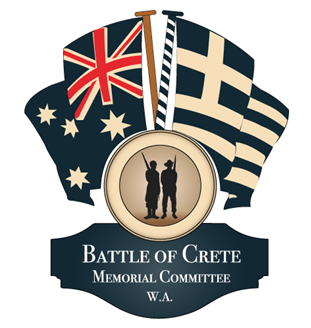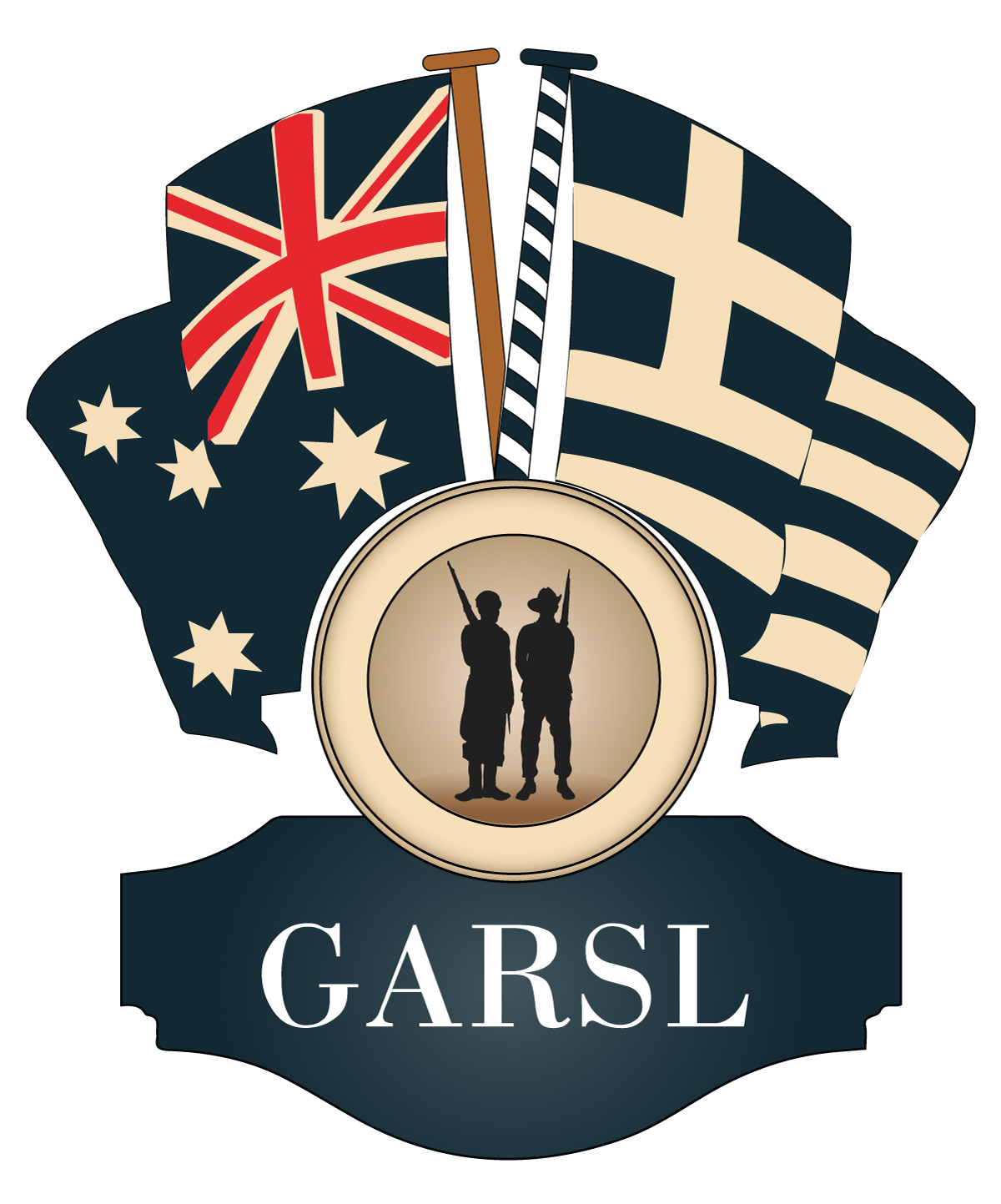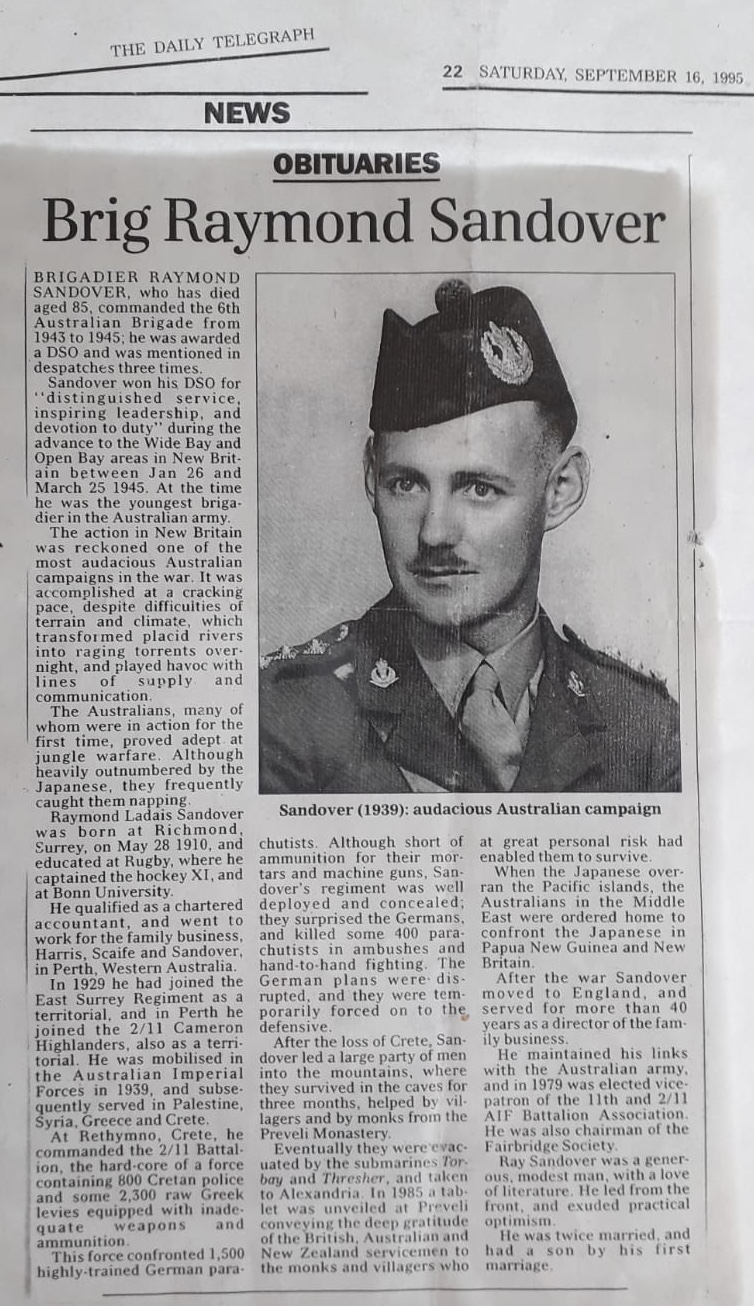WX5 MAJOR RAYMOND LADIAS SANDOVER 2nd/11th BATTALION AIF
Ray Sandover was born Richmond, England on 28 March 1910 and was educated at Rugby School and the University of Bonn in Germany. In 1929, he joined the East Surrey Regiment as a Territorial (Reserve) Infantry Officer. After qualifying as a Chartered Accountant, he went to work in the family business in Perth, Western Australia. At the outbreak of the Second World War in 1939, he volunteered for service in the Second Australian Imperial Force (AIF) and joined the 2nd/11th (City of Perth) Battalion.
After training in Northam WA and Greta NSW, the Battalion embarked for the Middle East in late 1940. Following further training in Egypt, the unit saw action against the Italians in Libya in January and February 1941. In March 1941 the 2nd/11th departed for Greece as part of the Australian 6th Division to defend against a German invasion. Major Sandover assumed command of the Battalion on 20 April 1941, relacing Lieutenant Colonel Thomas Lynch MC. Not long after the 2nd/11th was evacuated from Greece to Crete.
On Crete, the 2nd/11th took up positions around the airfield at Rethymno along with the 2nd/1st Battalion, the 4th and 5th Regiments of the Greek Army and a unit formed from Cretan Police Academy Cadets. Elements of Australian Artillery, Engineers, Machine gunners and support troops were also deployed. Unfortunately, the Australians lacked most of their heavy weapons, ammunition was in short supply.
Under Major Sandover, the 2nd/11th engaged the German paratroops from 20 May 1941 at the Rethymno airfield, forcing them back to Perivolia, inflicting heavy casualties. Fluent in German, Sandover was able to translate a set of German ground to air signal instructions captured early in the battle. Using these instructions, the Australians were able to request ammunition resupply from the Germans for weapons they had captured. They also used similar signals to call in German airstrikes on their own ground forces.
By 29 May 1941, German reinforcements advancing from the West had all but trapped the Allied forces at Rethymno. The Australians still however, denied the enemy the airfield. The order to evacuate Crete issued on 28 May 1941, had not reached them. Out of ammunition and food, Lieutenant Colonel Campbell, the Australian commander at Rethymno, surrendered. However, Campbell did allow Sandover to give his men the option of either surrendering or, after destroying their weapons, to escape from Crete in any way possible. Many of Sandover’s men took the option to escape and evaded capture, living in the mountains with assistance from the local civilian Cretan population. Sandover and other men of the 2nd/11th were sheltered in the caves around Preveli Monastery by the Monks and was taken off Crete by the submarine HMS THRASHER on 28 July 1941.
Returning to Egypt, Sandover reassumed command of the Battalion and rebuilt it in Palestine in late 1941. He returned with the 2nd/11th to Australia in early 1942. Ray remained in command until 1 May 1943, when he assumed command of the 6th Australian Infantry Brigade on New Britain in what is now Papua Niugini, as a Temporary Brigadier. Retiring from military service on 19 January 1946, Ray returned to the UK where he worked as a Director in the family business. During his war service, Brigadier Sandover was Mentioned in Dispatches on three occasions and was awarded the Distinguished Service Order (DSO) for leadership during operations on New Britain.
He died on 12 August 1995 in Surrey, England.
Family Ties
Major Ray Sandover is the Uncle to the Battle of Crete Memorial Committee’s Patron, Richard Sandover. They are related to Alfred Sandover M.B.E who donated the Sandover Medal. The Sandover Medal has been awarded each year since 1921 to the fairest and best player in the West Australian Football League.
Bill Taylor makes reference to the Major in his personal story in his notes of the 28th of May 1941. Bill’s complete story is one of the stories attached to this section of the website.
Obituary
The following obituary for Brigadier Raymond Sandover appeared in the Daily Telegraph on16th of September 1995. It summarizes his many achievements and in particular his extraordinary involvement in the Battle of Crete.


